The Anthropological view on Religion, The Supernatural and Magic: Part 7
Disclaimer
It is not the aim of anthropological study to obtain factual knowledge of supernatural beings or powers. The aim, instead, is to understand the great variety of conceptions of the supernatural within the context of particular systems or communities. Anthropologists will unavoidably be influenced by their own beliefs and their own conception (or denial) of supernatural. It is, however, their task to understand any religious system in terms of its meaning for its adherents.
The Anthropological view on Religion, The Supernatural and Magic: Part 7
Religious Communication: Ritual
We need to start by distinguishing ritual from a ceremony.
A ceremony may be described as an action or a series of actions performed with dignity and solemnity ie in a serious and formal way, ie: contracting a civil marriage and so forth.
A ritual, the other hand, is a ceremony that is directly related to belief in the supernatural. Within the Christain context, for example, acts such as baptism, and communion can be defined as rituals.
Pauw (1976):
Rituals may be analysed and classified according to their form, meaning, and sociocultural function.
The meaning of rituals
There is common agreement among anthropologists that the most important distinguishing feature of rituals is the presence of a symbolic element (because, a ritual, to be a ritual, must convey meaning).
The objects used in ritual may be chosen because of their association with, say, some inherent quality. Water may be used in a ritual because of its coolness and purifying quality. The colours red, white and black often have magico-religious significance when they are used in rituals. In many communities, the three colours refer to certain fluids, secretions or waste-products of the human body. Thus red is a symbolic colour for blood, while white is often a symbol for breast milk or semen, and black is sometimes associated with faeces and urine.
The form of rituals
From our definition, it is clear that a ritual may be either a very complex activity involving large numbers of people, or it may be a simple act performed by a single individual. In its most comprehensive and complex form, a ritual may involve a combination of actions, words and objects performed by a group of persons at a specific place on a specific occasion. In a study of ritual, it is necessary to give attention to all these features, namely actions, words, objects, the persons participating, the place of the ritual and the occasion.
Actions
A distinction must be made between approved rituals acts and those that meet with the community's disapproval. Approved ritual acts are acts that are sanctioned within the context of the community and sociocultural system in which they are carried out. Such acts are recognised as achieving purposes that are considered legitimate by the community.
Ritual acts that meet with the community's disapproval are those directed to harming or even killing other people (or causing damage to property). Witchcraft and sorcery fall into this category (although these forms of a ritual act are not always condemned). However, we must not assume that all forms of sorcery are always condemned.
According to Beattie (1964):
sorcery is not always evil, because it may be used against bad people (eg where members of Azande society employ magical means to punish the unidentified murderers of a deceased kinsman). Rulers are also entitled to use sorcery against their enemies.
The actions performed in a ritual are not always restricted to ritual occasions alone. What often distinguishes ritual acts, though, is the magico-religious context in which they are performed. Eating, drinking, washing and dancing, for example, constitute normal activities in any community. However, where they are performed as part of a particular ritual, these acts acquire a certain meaning. The same applies to other acts that frequently form part of rituals (eg walking in a procession, kneeling, going on a journey, fasting, abstinence from sexual intercourse etc).
That said, the following are examples of specifically ritual acts:
Purification
Acts of purification often form part of rituals, and maybe the main ritual act itself. Purification consists of cleaning of the body of dirt or removing some form of ritual impurity from the person or community.
Purification also consists of the removal of ill-feeling and the solving of disputes between participants in a ritual.
Confession is a common act of purification. Winick (1970) defines confession as the "discharge of guilt by admitting wrongs and errors, and thus cleansing the soul or the community of guilt".
Sacrifice
Some anthropologists distinguish between offering and sacrifice. Offering is described as the ritual giving of food or objects to a supernatural being or power, while sacrifice is said to refer specifically to the ritual killing of an animal or a person on behalf of such a supernatural being. In this post, we will ignore this terminological distinction, and take the term "sacrifice" to refer to gifts and ritual killing of an animal.
Sacrifice is a very common feature of many religions, including those practised by traditional communities. It also forms part of advanced religions such as Buddhism and Hinduism.
Many communities in Africa express commensalism, that is, a communion meal that symbolically unites the living and the dead. The latter, like the living, are honoured by a feast during which a beast is slaughtered. In South Africa, a sacrifice is performed by the living to establish communion with the ancestral spirits.
The objects sacrificed cover a wide spectrum, including animals, agricultural products, flowers, food, drink, and cultural objects. If an animal is killed, its death may be accomplished by ritual slaughtering, strangling or drowning. The body may be burnt as a whole, or it may be eaten during a ritual feast.
Sacrifice may have various meanings, John Bettie points out that a sacrifice is often made with the intention that the supernatural being will respond - by providing the community with blessings and protection. Relationships between the living and the supernatural are often based on reciprocity and exchange. There is mutual dependence between humans and the supernatural. In the same way that human beings need the goodwill and protection of a spirit, the spirit itself is also thought to need the attention of human being.
Presenting a gift to a spirit is often done symbolically (eg by killing or destroying it by burning it or scattering it on water). Where the gift is in the form of food, it may be left for the spirits to "eat" before it is consumed by the people (human beings are thus believed to have communication with the spirits by eating the same food). Since sharing food or drink is, in many sociocultural systems, is a sign of goodwill, reconciliation and friendly relations, this idea is extended to the relationship between human beings and the spirits.
The gift that is offered up in sacrifice is often identified with the person who offers up the sacrifice so that, symbolically, he or she is actually offering up part of himself (or herself). This is why there is usually an act of consecration by means of which evil is transferred from the person to the victim, so that it is destroyed together with the victim.
The words spoken maybe a prayer or a praise poem, sometimes directed at the supernatural, and may also be a declaration on behalf of the supernatural. The meaning of a ritual is also closely connected with its intended effect or purpose. The purpose may be the restoration or reinforcement of vitality, cleansing or purging from dangerous influences, opposing hostile forces or beings, and establishing, maintaining or restoring relations with the supernatural.
The end of Part 7....
Thank you for reading.
Images are linked to their sources in their description and references are stated below.
Authors and Text Titles
Turner 1966:
Hammond-Tooke 1974:
Winick 1970: Dictionary of Anthropology
Jordaan & Jordaan 1984: Man in context
Olivier 1976: Die religious van die Gcaleka
Wessels 1984: Tamil-hindoes
Beattie 1964: Other Cultures
Herskovits 1948: Man his works
Robert Redfield: The primitive world view
CR Ember 2005 : Anthropology 11th Edition
WA Haviland 2008: Anthropology: The Human Challenge 12th Edition
BA Pauw 1970: Religion and magic
AFC Wallace 1966: Religion: An anthropological view
Hiebbert 1983:
Thank you @rocking-dave for the SteemStem gif
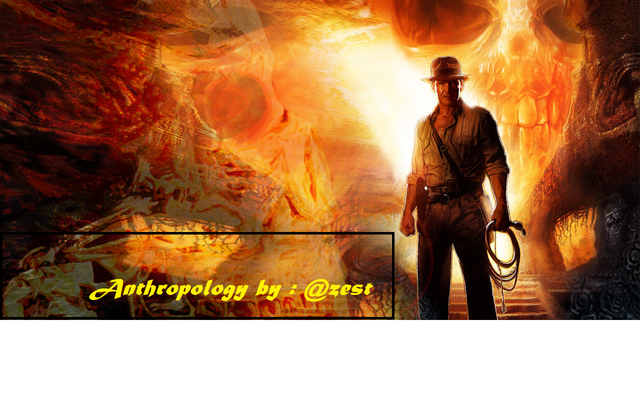


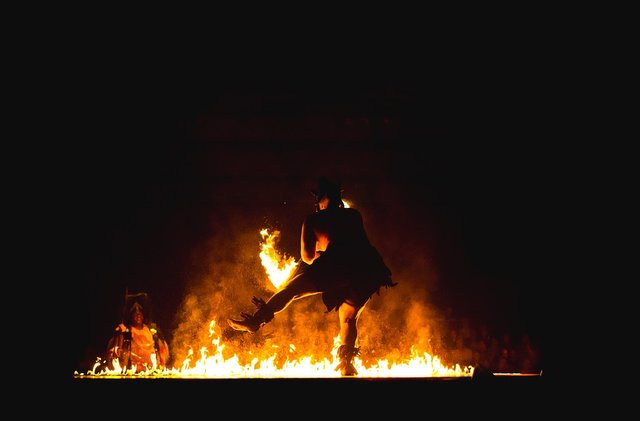
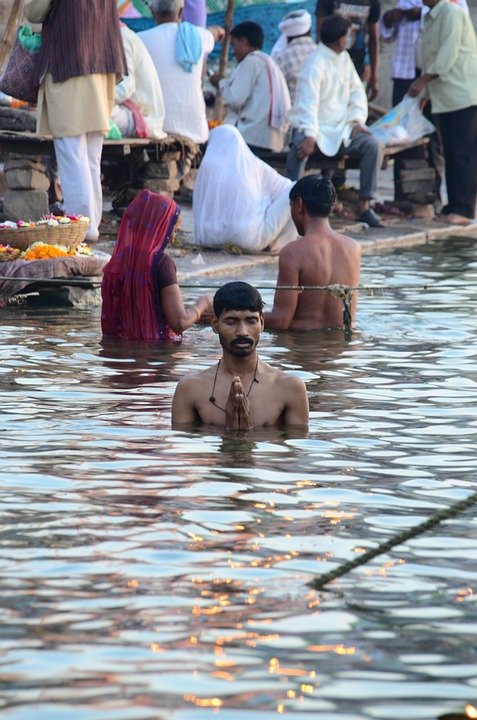
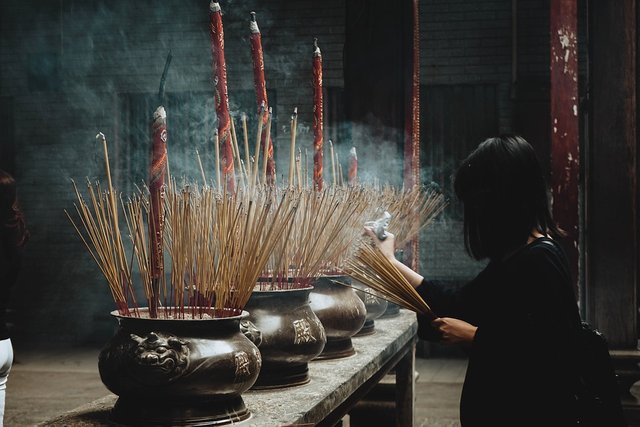
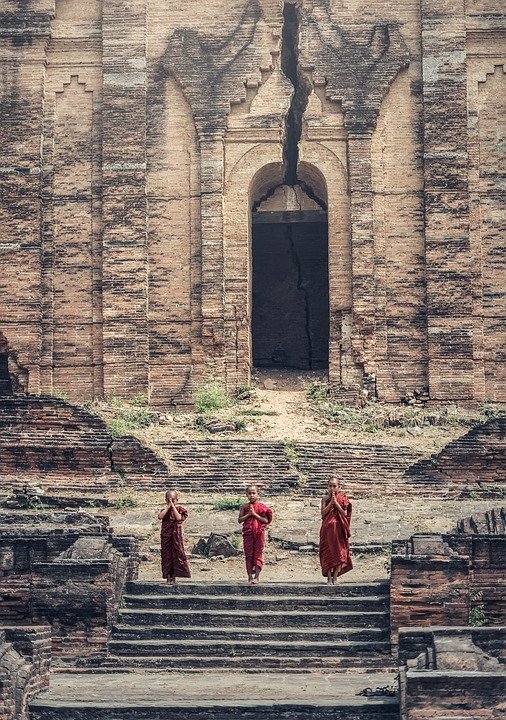

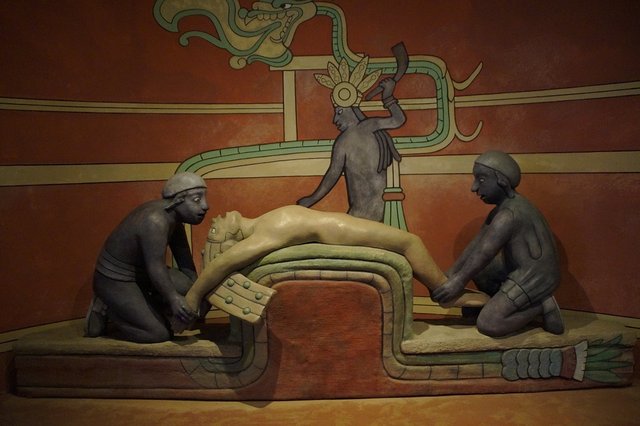
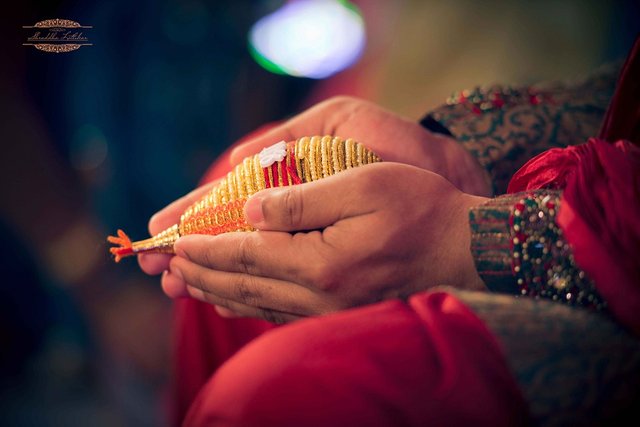

@zest, my dear :)
Today I caught up with yesterday's and the day-before-yesterday's parts. You are managing to keep this series incredibly enthralling! I was surprised to learn that baptism is a ritual and not a ceremony. But, now that I read your explanation it just seems really obvious why it is a ritual.
In my home country there is a sort of New Year's eve ritual (?), where people send gifts to Yemanjá, a water deity, and ask for protection in return. They mostly throw flowers in the sea, sing and pray for her. I find it beautiful.
I hope you are very proud of your work here Zest! :)
Lots of love.
Hello my dear Abi:)
Thank you for making a grown man blush:)
This sounds truly beautiful, I can only imagine the scene with the energy and emotion pulsing through the air. I have a liking towards water deities or Gods, you may have noticed I used the Greek God Posideon images quite often, I suppose it has to do with my love of the ocean and just longing to be close to it as often as possible.
I am truly humbled and Proud to have you as a friend:)
Lots of love
😘
I'm a spiritual person while at the same time I'm a man of science.
It is to my understanding that rituals and the way we perform them help "trigger" some very unique brainwaves that are beneficial to us humans.
They are an essential part of our spiritual health.
By the way man, your post is awesomely formatted! Looks great!
Cheers
There also certain mantras, like the Gathri mantra.
Thank you so much, I am always trying to improve and do my best. I truly appreciate your kind words and support:)
I don't on your posts too much because I don't have too much to add to the discussion, but I wanted to say this series on religion has been great so far!
Thank you so much @tking77798!!!!
Always a pleasure to read your articles. They are well written and point out important conceptual/semantic meanings, that many are not aware of. Great job!
Best,
mountain.phil28
Hi there my dear friend.
Thank you so much for the comment and support:)
I'm deleting my comments.
Being down voted by Content censoring whales sucks
and hurts minnows who only earn 0.01 per post/comment anyhow
This whale BS will kill STEEM imho
People living in the West tend to have a clear idea of what religion should look like: it tends to take place in a building set aside for the purpose (a church, synagogue, mosque, temple etc.), revolves around appeals to a higher, all-powerful deity and involves the articulation of beliefs (often set down in texts) to which the general population may or may not subscribe.
Absolutely amazing post. That’s something that a lot of people have no idea about. Reading it makes me want to learn and understand more about it. I come from a place where we have witch doctors and believe you me their sorcery is of no good. Killing young children to heal the sick. Raping babes to cure cancer. I believe very much in the Christian world and believe strongly that there is a God. But in today’s society there is so much evil that God no longer lives in many people hearts. A well deserved upvote and a definite follow as your post was amazing. Thank you for sharing your knowledge once again
Hi @southafricangirl
Thank you so much for the comment and support. It is truly appreciated:)
That's so heartbreaking, @southafricangirl 😪
Wow this is a really high quality post! This is really what Steemit is about right here- well okay, it’s not about ritual killings or purification (though this is juicy, interesting stuff)—- but this is the kind of stuff I wanna read, and the stuff Steemians want to stumble upon. I can tell you do your research and are knowledgeable ...great job with citations, easy to read, just awesome.
I just followed you and I’m happily resteeming you post!!
Thank you so much for these kind and generous words. I do try my best and it means a lot that someone truly does enjoy my work.
You really put a big smile on my face:)
Absolutely @zest! I am really stoked to find blogs that really spark my interest!
There is tons of content here on steemit but this was unique and something that i personally enjoyed...can’t wait to see what’s next!
What I find truly fascinating about the use of rituals is the question, "Why do these groups have a concept of such things as 'sacrifice,' 'ritual cleansing/purification'"? Why do various people groups around the world have concepts of life after death? I appreciate the role of the anthropologist in identifying these elements, now I want to understand why they are there, and why basic concepts are held in common (even though actual practices may differ).
Your question is my Quest:)